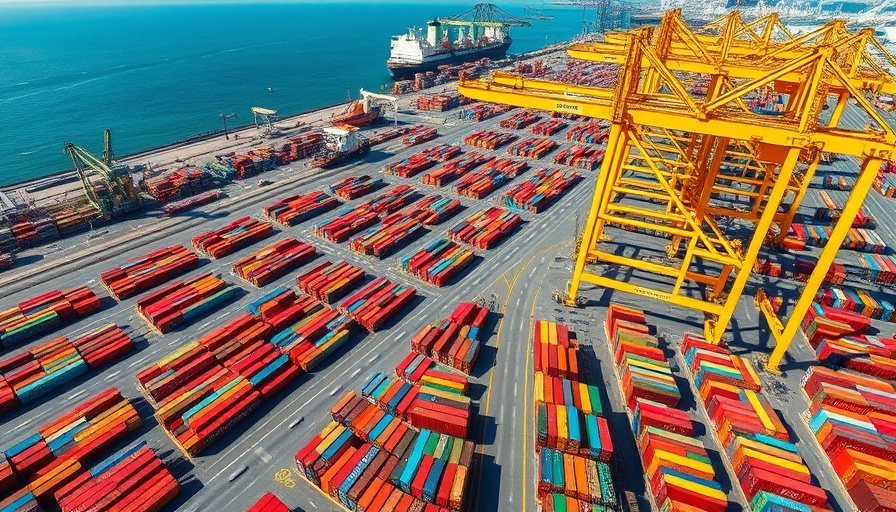
The Implications of the 30% Tariff on South African Startups
Starting today, the U.S. has imposed a sweeping 30% tariff on certain goods from South Africa, marking a significant increase from the prior 10%. While South Africa's tech startups may not heavily export to the U.S., this tariff introduces serious challenges for those who do. As South Africa is the U.S.’s second-largest export market after China, primarily known for metals and agricultural products, this policy constitutes a critical juncture for innovation and trade.
Tariffs: Navigating New Challenges for Tech Businesses
South African tech companies that produce physical products, like electronics or hardware, are particularly susceptible to heightened tariffs. While software and cloud services continue to thrive largely untampered, manufacturers exporting tangible goods feel the heat. Notably, Alan Dickson, Group CEO of Reunert, highlighted that fluctuations in tariff rates have initiated vital adjustments—price elevation and cost-effective engineering strategies are now essential for survival. The new tax rate puts South African exporters under pressure to compete with cheaper products from countries like Mexico and China.
Current Trade Relations and Negotiation Prospects
The South African government remains optimistic about resolving these tariff complications. Recently, they submitted a Framework Deal aimed at fostering robust trade relations with the U.S. However, with rising tension over tariffs spanning numerous countries, South Africa's negotiations take on added urgency. The tools and tactics to mitigate tariff impacts have spurred discussions about more sustainable business practices and innovation-centric reforms.
Long-term Impact: A Shift Towards Resilience
The introduction of these tariffs accelerates the need for South African startups to adapt not only to the changing international trade landscape but also to innovate internally. Many companies are examining their business models to enhance value and operational flexibility. As the potential long-term impacts of these tariffs loom, the necessity for resilience in business strategy will become paramount, pushing companies toward more sustainable practices and advanced technologies.
 Add Row
Add Row  Add
Add 




Write A Comment